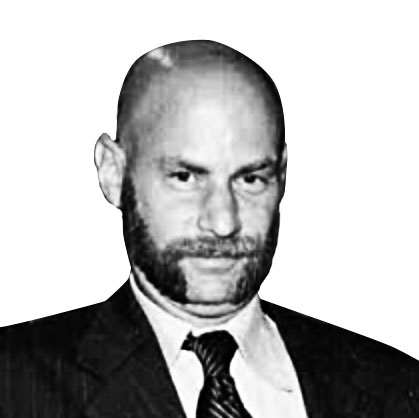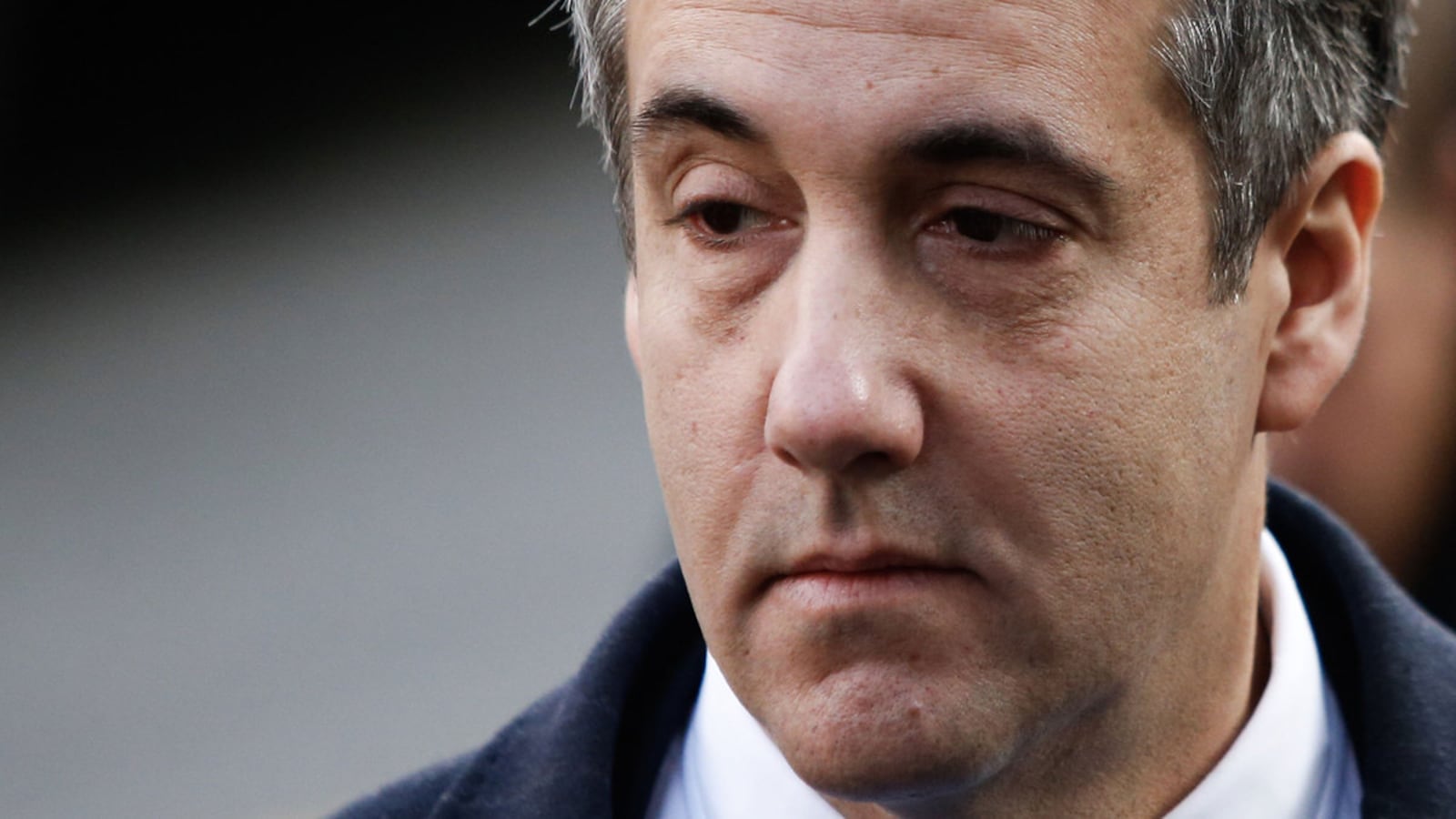Nothing could have been more obvious: Michael Cohen's First Amendment rights and his freedom had been denied him because Donald Trump didn't want his ex-lawyer mouthing off to the press. It didn't matter that Cohen hadn't violated the terms of his probation.
I'm happy for Michael that he'll be returned to his wife and family shortly, after a judge ruled this week that what was obvious was also true, and that the attempt to make him sign away his right to write a book, among other things, to maintain his home confinement was politically motivated.
But I'm not happy that I suffered a similar indignity and nobody righted the wrong in my case.
When I was a federal defendant in New York’s Eastern District, the prosecutor assigned to my case flatly told me that I could not continue with a piece that was about to run in a national news outlet. He knew about the article because the government had hacked my email account and was reading all of my communications, something I’d only learned about earlier in the same meeting when my prosecutor had shown me transcripts of a few emails from my account and questioned me concerning the identity of my correspondents.
I wasn’t told what exactly would happen if I’d defied him and followed through with the article, but it sounded ominous. Still, I decided to go forward, smug in the knowledge that my prosecutor couldn't legally muzzle me. It was a moot point in the end. After my editor had emailed his enthusiastic response to the story idea and instructed me to continue, he never answered his phone or my emails again. You draw your own inference. I drew mine.
And then there was the surreal day a few years later, after I’d pleaded guilty and was incarcerated, when the warden walked into my cell at the Metropolitan Correctional Center in Manhattan to inform me that Paul Manafort would soon be my new bunky. Upon returning from my usual P.M. shift working in the prison kitchen, there sat Paulie at our mini desk, organizing his prescriptions. Manafort was big news at the time and I was sure that another editor I knew would flip when he heard my news.
Sure enough, that editor wanted me to write something ASAP. But first, there was the problem of how I was going to send the article. Both incoming and outgoing inmate mail is monitored. So are phone calls. Furthermore, I was afraid of the repercussions I might suffer if I did successfully sneak my work out from behind the walls.
So I wrote the piece and then approached Warden Lamine N’Diaye, letting him know my intentions and even offering to submit the final for his edification. I felt that was a considerable concession. His response was a stern “don't do it,” enough to convey that there would be consequences if I did.
A word to the wise was sufficient, so I didn’t raise the matter with the harder-nosed Warden James Petrucci, who came in after N’Diaye was removed following his decision to switch Jeffrey Epstein from the suicide unit where he’d been under the watchful eye of inmates like me into the Special Housing Unit where he was found dead. With the MCC locked down and tensions high after Epstein’s death, I wasn’t about to chance sneaking a feature out of MCC.
So don't assume that in the land of the free and home of the brave, you can always speak your mind. And if you think that Michael Cohen was the first inmate to be deprived of his right to free speech, you might be kidding yourself. This country was founded on the premise that “all men are created equal,” a claim that pales in the face of recent events. Equally questionable is the First Amendment right for those who are suffering prosecution.
I know of at least two convicts (Cohen and myself) who the government didn't want talking to the media. It would surprise me if we were alone in that distinction given the power prosecutors have over the lives of defendants. It is my impression that there are times when powerful government figures feel justified in muzzling the accused even while they’re presumed innocent until proven guilty. That feeling increases exponentially once the accused becomes the convicted I have little doubt.
While I am no longer incarcerated and have just months left in my probationary period, I’d be lying if I said I’m completely comfortable writing this. But first, it needs to be said. Second, I am in full compliance with all my probation conditions. And finally, I’m not dining out at a fancy French restaurant, like Cohen was photographed doing days before the Bureau of Prisons revoked his home confinement. I feed the homeless and working poor every day at a local church. If I haven’t reached sainthood yet, I’m getting pretty close.
MCC was full of inmates who’d been returned to federal prison for probation violations. I’m not looking to be one of them.






